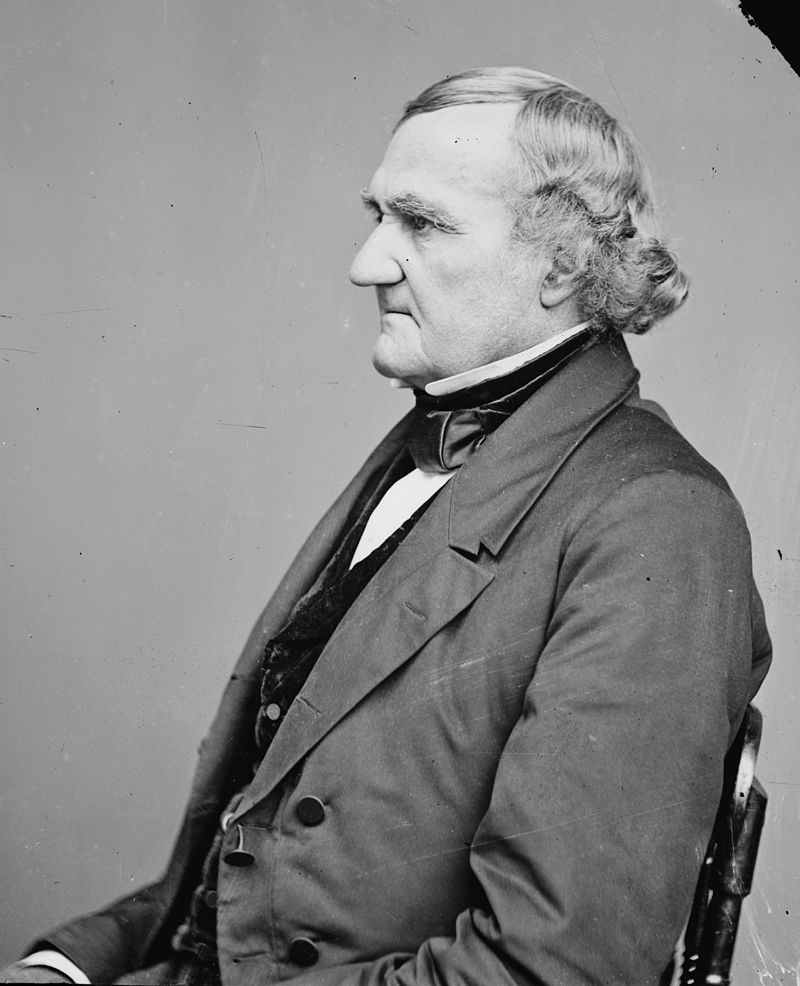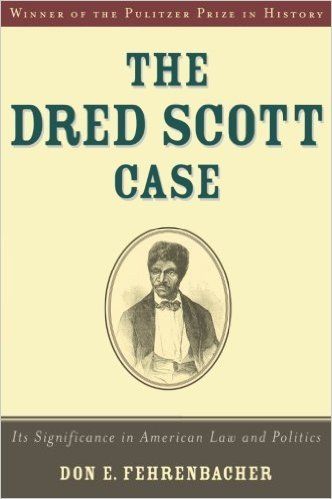
Continued from December 18, 1856 (reply #28).
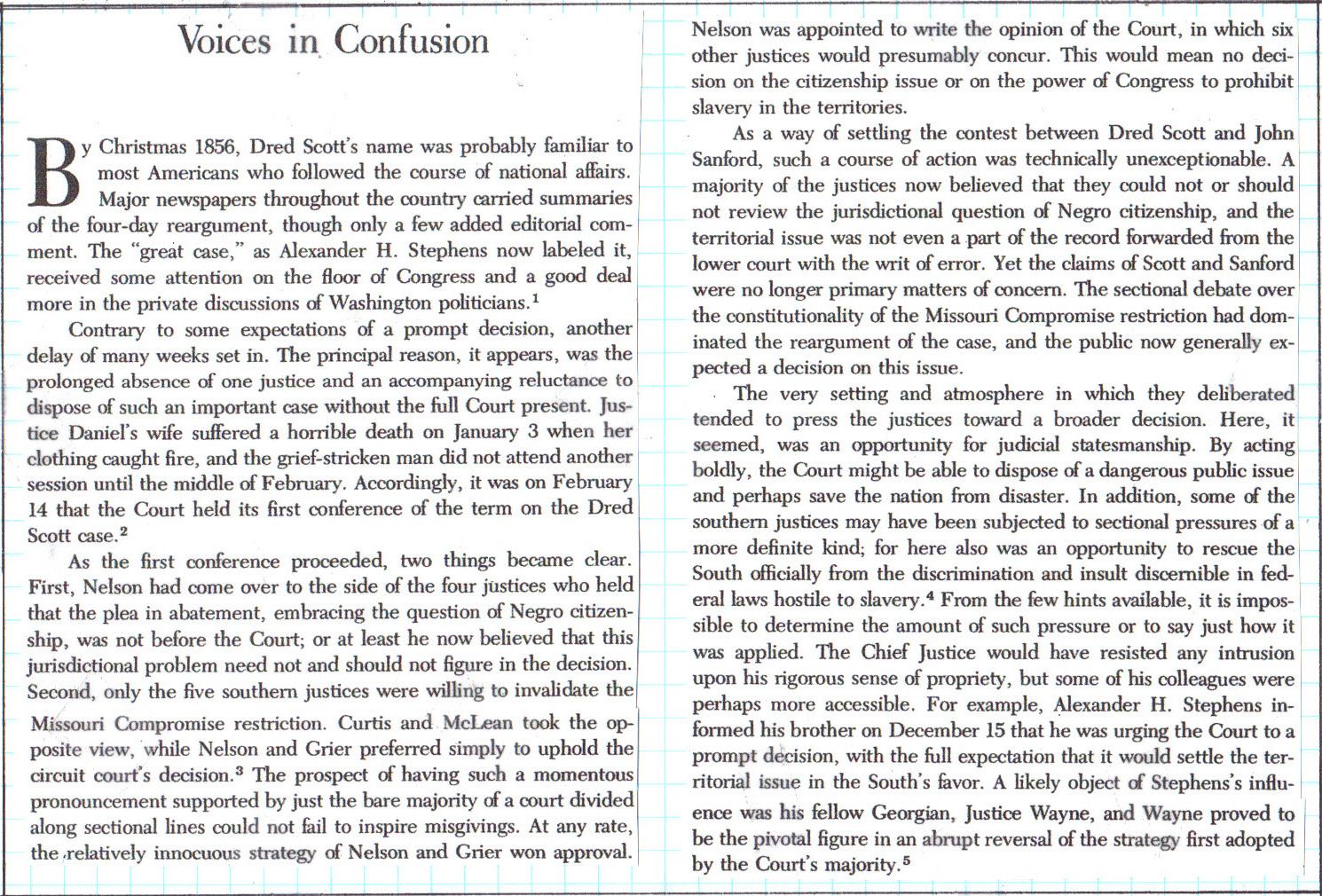
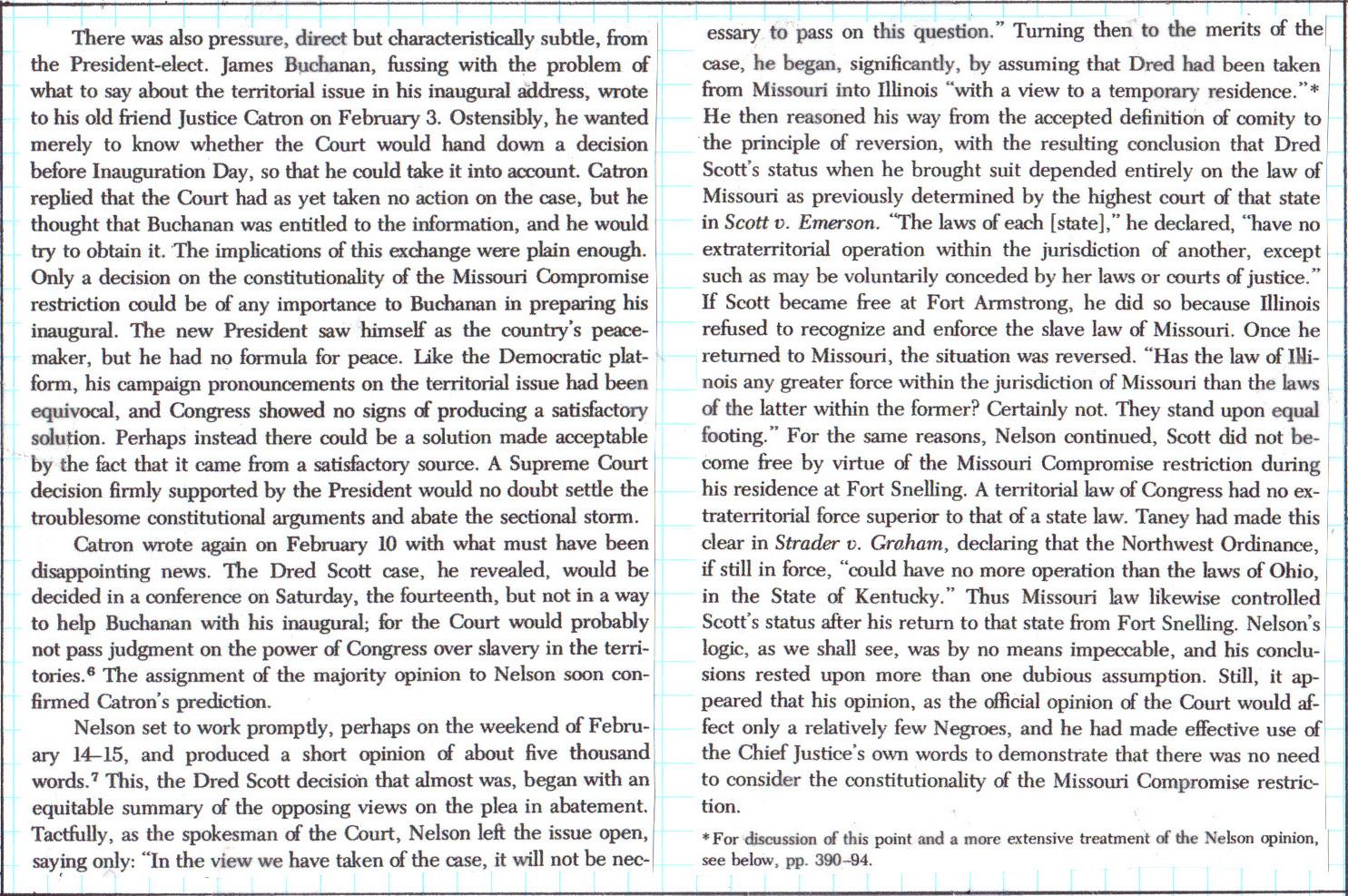
Don E. Fehrenbacher, The Dred Scott Case: Its Significance in American Law and Politics" (1978)
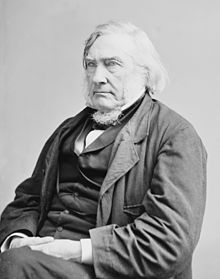

Continued from December 18, 1856 (reply #28).


Don E. Fehrenbacher, The Dred Scott Case: Its Significance in American Law and Politics" (1978)

Given the history of the Supreme Court, from Dred Scott to Plessy v. Ferguson to FDR threatening court packing to Roe v. Wade, I don’t understand why people continue to delude themselves into believing contentious political issues can be decided by a Supreme Court decision.
This Dred Scott case is fascinating. I graduated from law school a few years ago and have read what Judge Robert Bork has to say about this case. All condemned Justice Taney, the Chief Justice of the Supreme Court who wrote the majority opinion. But in re-reading Bork’s comments in his book, “The Tempting of America”, I found myself disagreeing Bork about this case.
My premise is that until the 13th through 15th Amendments, the Constitution did not forbid slavery. (We tend to forget sometimes that until Christ returns to rule the world as Prince of Peace but with a rod of iron, all man’s efforts to govern himself is tainted with sin and flawed. As great as America is and as great as the Constitution is, they are not prefect. The Left reminds us of this every day, but the Left has no alternative - they just attack the weakest spots like wild animals. Nevertheless, the U.S. Constitution with it’s flaws is still probably the most inspired, greatest political and legal document in history.)
As far as the states go, slavery was a state’s issue until the 13th through 15th Amendments. Until then the only justification I can see for federal interference in the slave issue might have been the commerce clause regarding any interstate commerce issues with slaves.
As far as the territories go, although Bork disagrees with Taney’s reasoning in his “Dred Scott” opinion about Congressional power over territories, I find Taney’s arguments compelling. Taney noted that when the federal government enters into possession of a territory, “It has no power of any kind beyond [the Constitution]; and it cannot...assume discretionary or despotic powers which the Constitution has denied to it.” He goes on to illustrate that Congress could not be presumed to make laws in a territory that establishes religion, or limits the free exercise of religion, speech, press, assembly, etc. (Robert H. Bork, “The Tempting of America” 30 (1990)).
Taney’s argument was that if Congress could not go beyond its constitutional bounds in other areas, it also could not assume extra-constitutional powers in forbidding slavery in a territory. So if Congress was constitutionally excluded from interfering with the slavery issue in both the states and in territories, then the Missouri Compromise was probably unconstitutional.
There was also the issue of the owner of Scott, the slave, bringing Scott into a state and territory that were “slave-free” zones so to speak. The argument was that once Scott was in a slave-free zone, by operation of law, Scott was no longer a slave. But that argument violates the Good Faith and Credit (GF&C) clause of the Constitution (Art IV, Sec 1) that requires each state honor the laws of other states.
So it appears that the feds had no say in this matter and the GF&C clause protected the owner from losing his slave automatically by operation of law in a state or territory. So the Dred Scott decision to overturn the lower court’s decision and allow the owner to keep his slave appears to be legally and constitutionally justified regardless of personal moral views.
Bork tries to support his position by saying that there must be something wrong with a judicial power whose decision takes a civil war to overturn. Again, I disagree. The seeds of the Civil War were sown in the slave trade of the South and the need for the southern states to ratify the Constitution to create the United States of America. The compromise to not forbid slavery in the Constitution was absolutely necessary to “form a more perfect union” by establishing the Constitution. The Constitution formed a more perfect union, not a perfect union.
The growing intolerance of slavery in the North reached such a heightened level that the South decided to secede from the union in anticipation of federal force to end slavery. The problem was, as far as I can tell, the North and the feds has not committed any unconstitutional acts against the South including forced cessation of slavery.
Using the steps laid out in the Declaration of Independence (DofI) to justify valid secession, the South was not justified to secede. As the Dof I stated, “Governments long established should not be changed for light or transient causes.” Rather, as far as I know, the South gave forth no notification of rationale, no “long train of abuses”, and no list of facts “submitted to a candid world.” IMO, therefore, the federal government (”the North) was justified in military action against the South for the South’s unjustified secession.
Rather than being the error that brought sectional animosity to the brink, Dred Scott IMO was ruled properly and simply allowed the animosity to continue take its natural and legal course. If the North had been more patient (to believe that slavery would come to its own end), and/or if the South had also been patient (in not jumping the gun, anticipating, but not having to legally contend with unconstitutional federal acts) the war may have been avoided.
In fact, Dred Scott probably would have been more of a spark for war had it been ruled the other way. The South would have had legal grounds to accuse the feds and the North of an unconstitutional act and of tyranny.
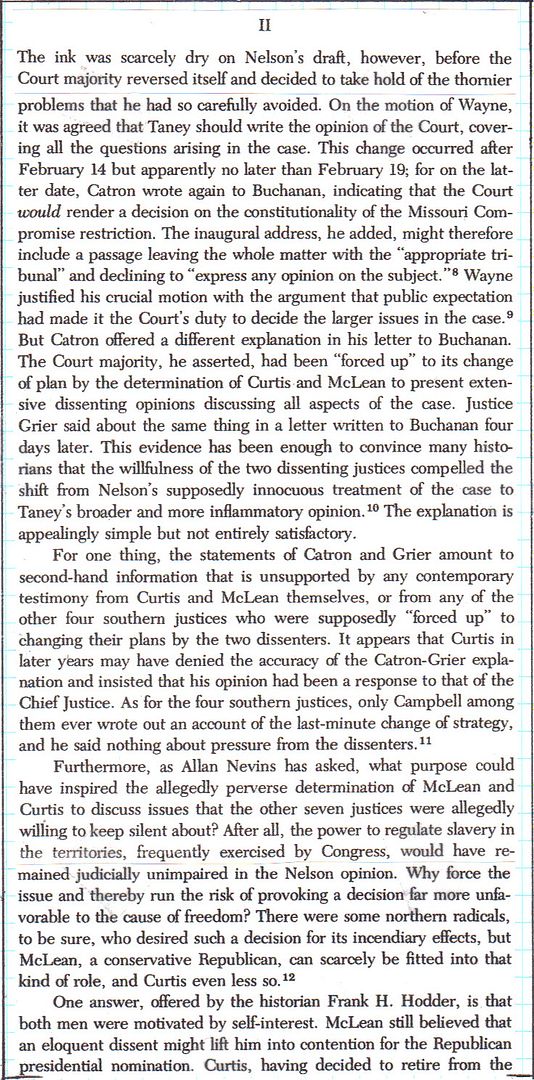
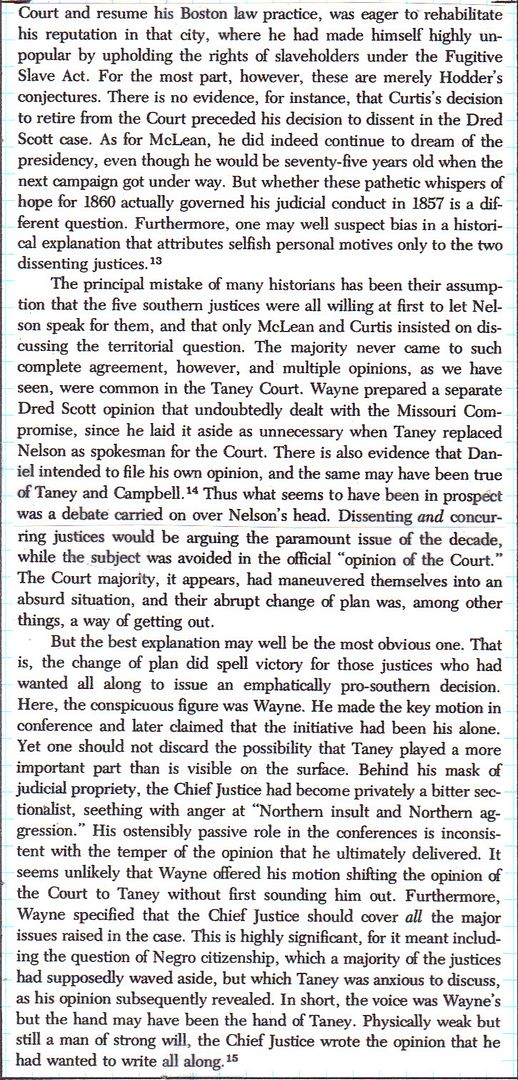
Don E. Fehrenbacher, The Dred Scott Case: Its Significance in American Law and Politics" (1978)
